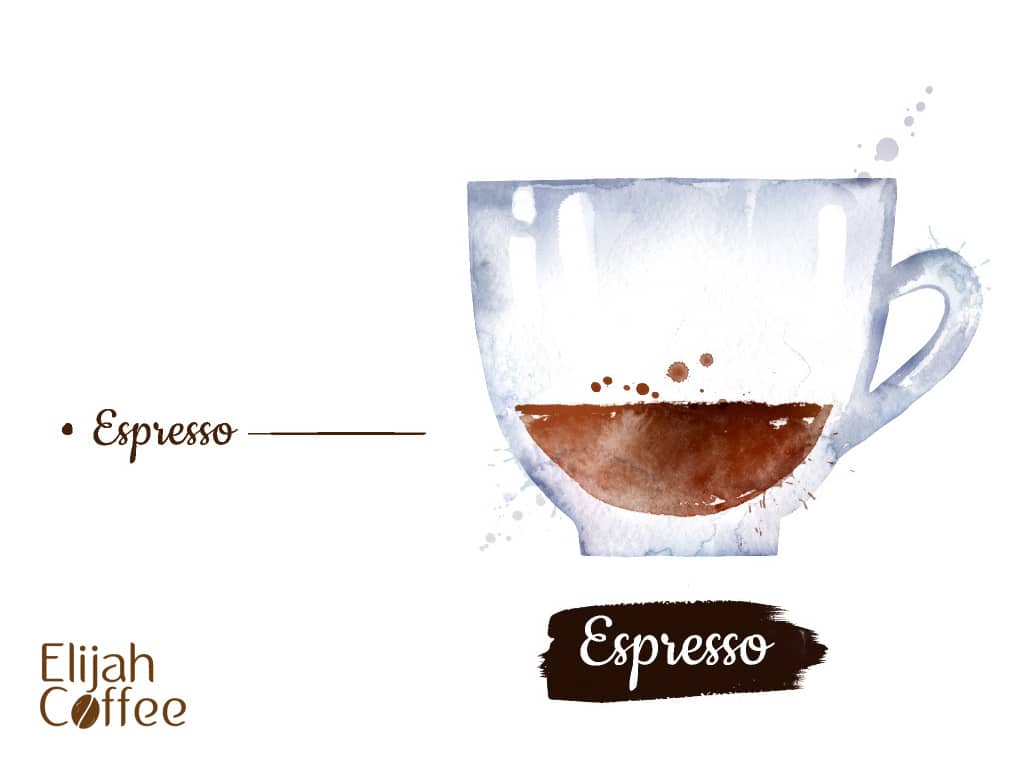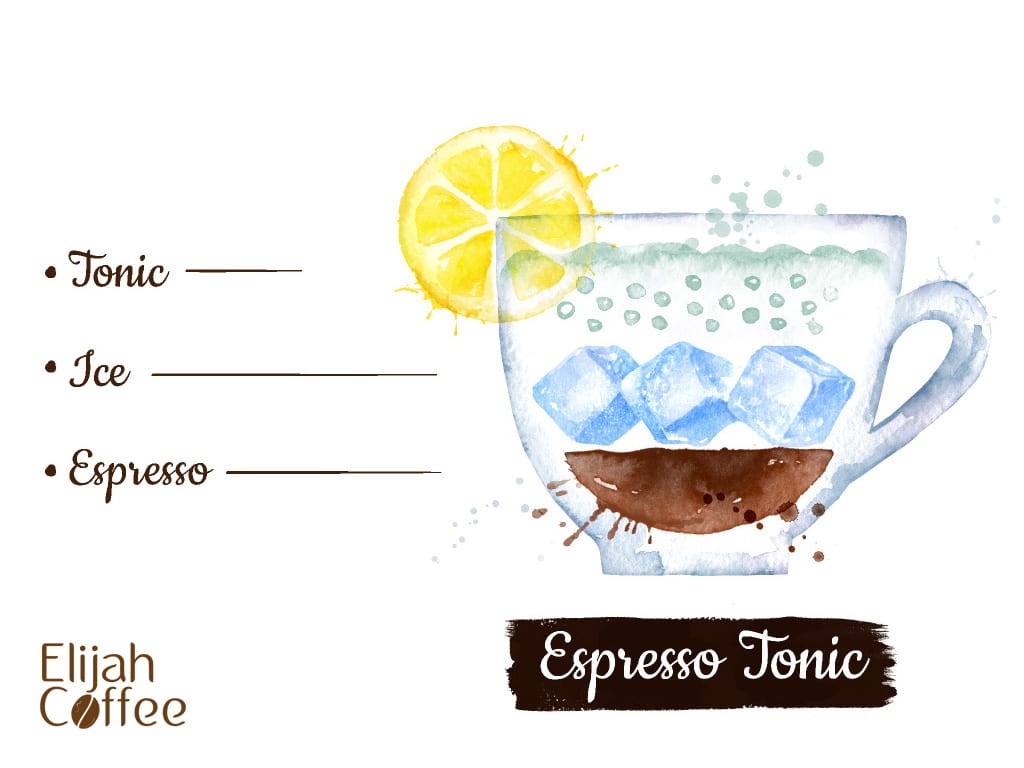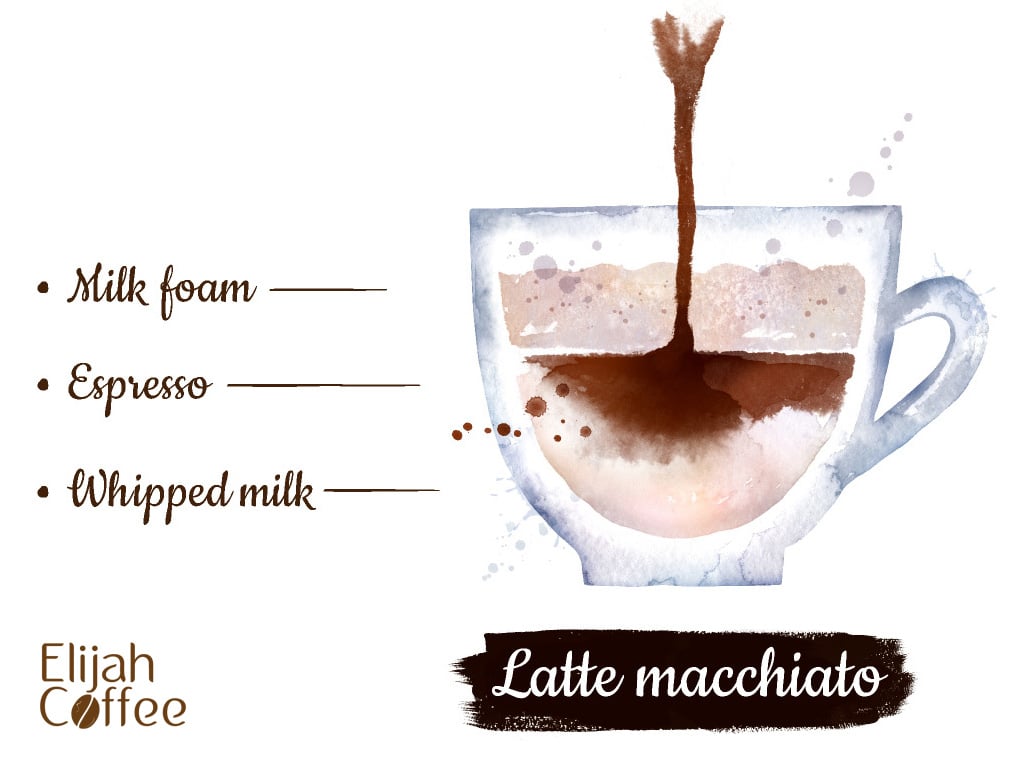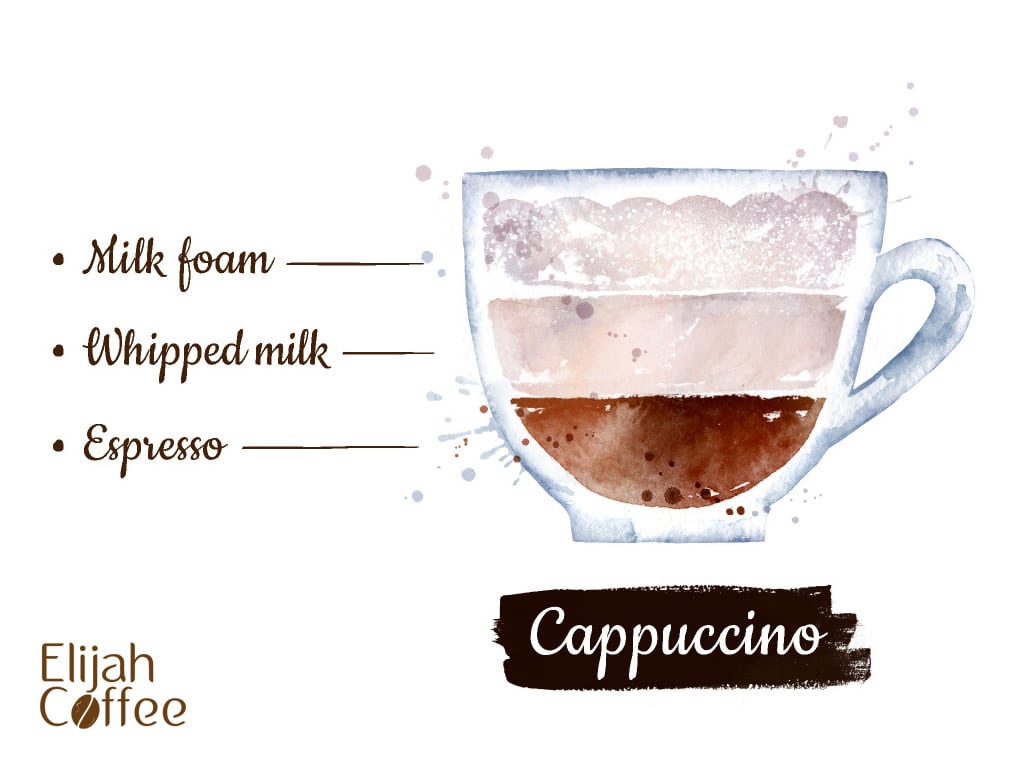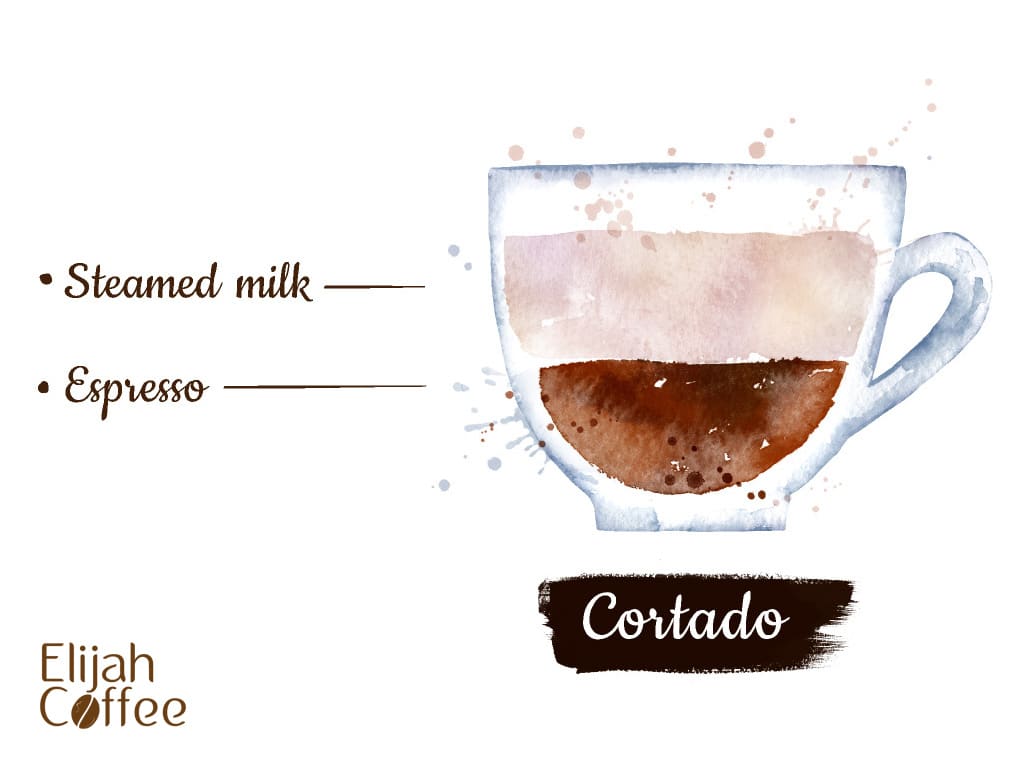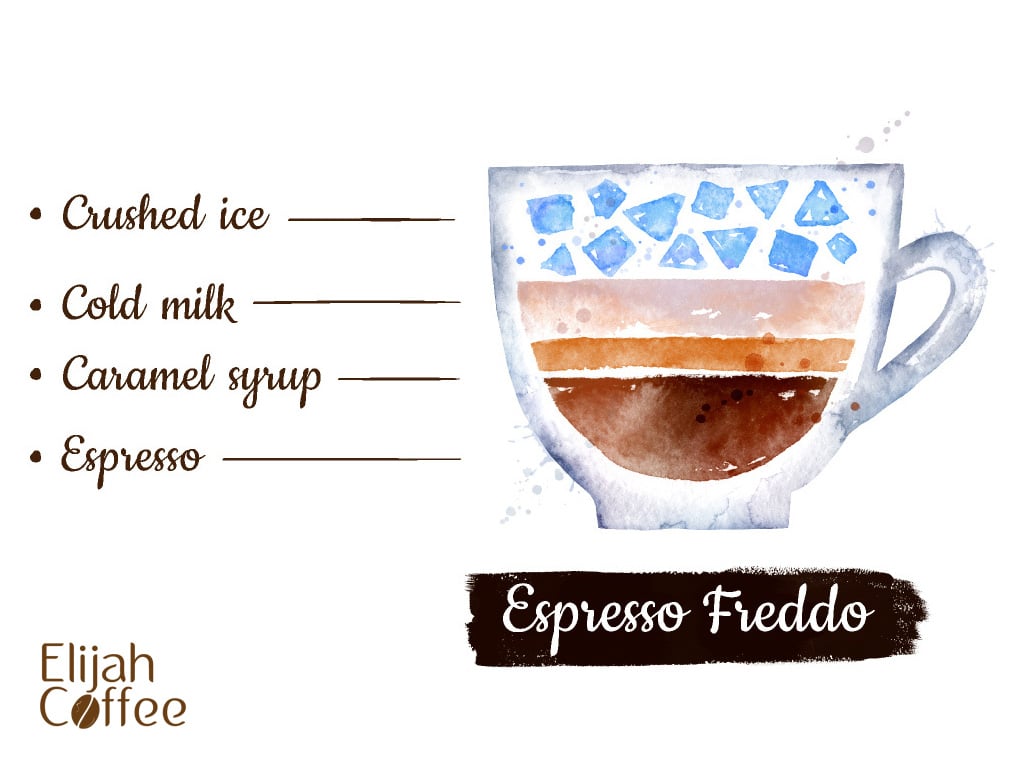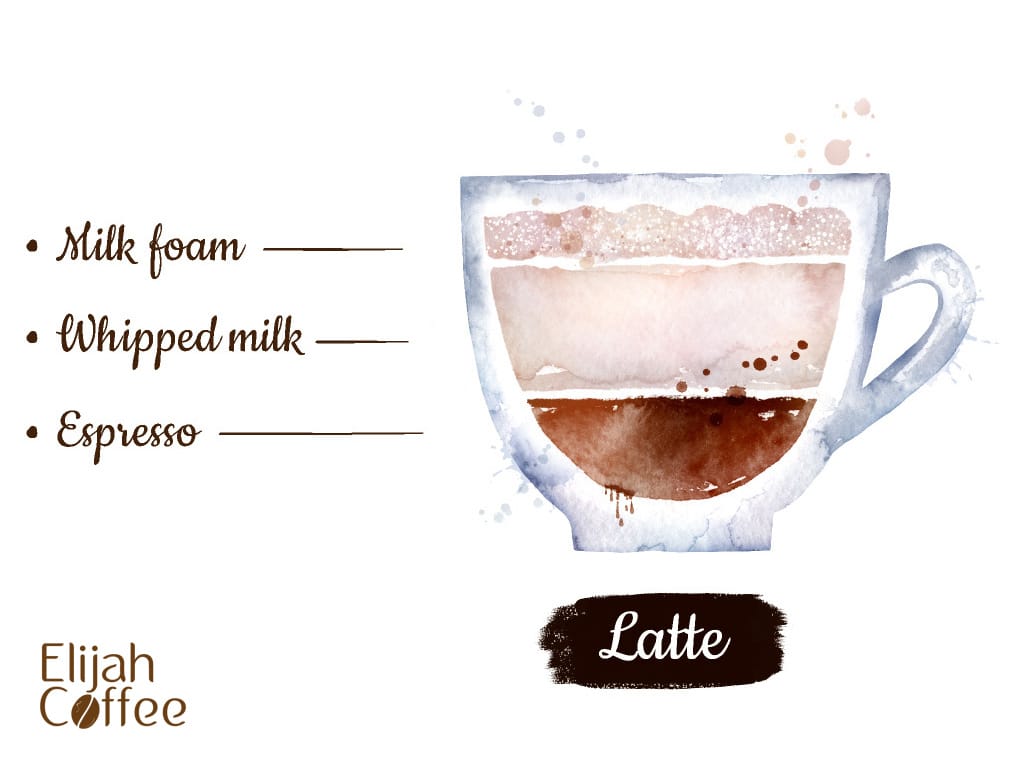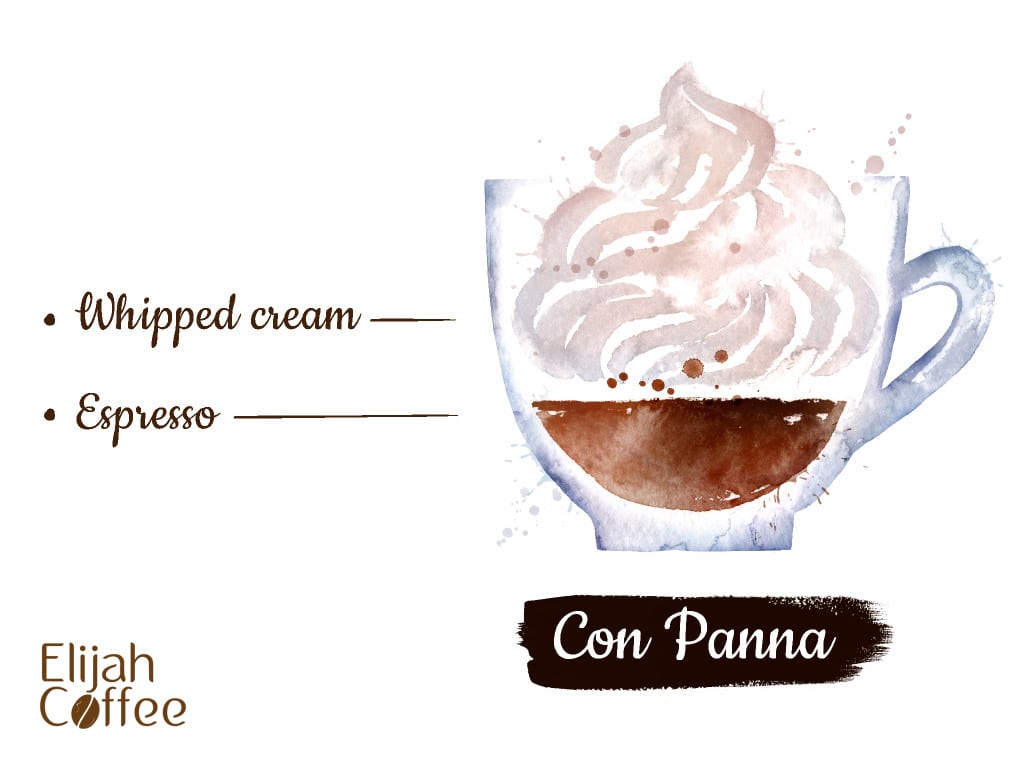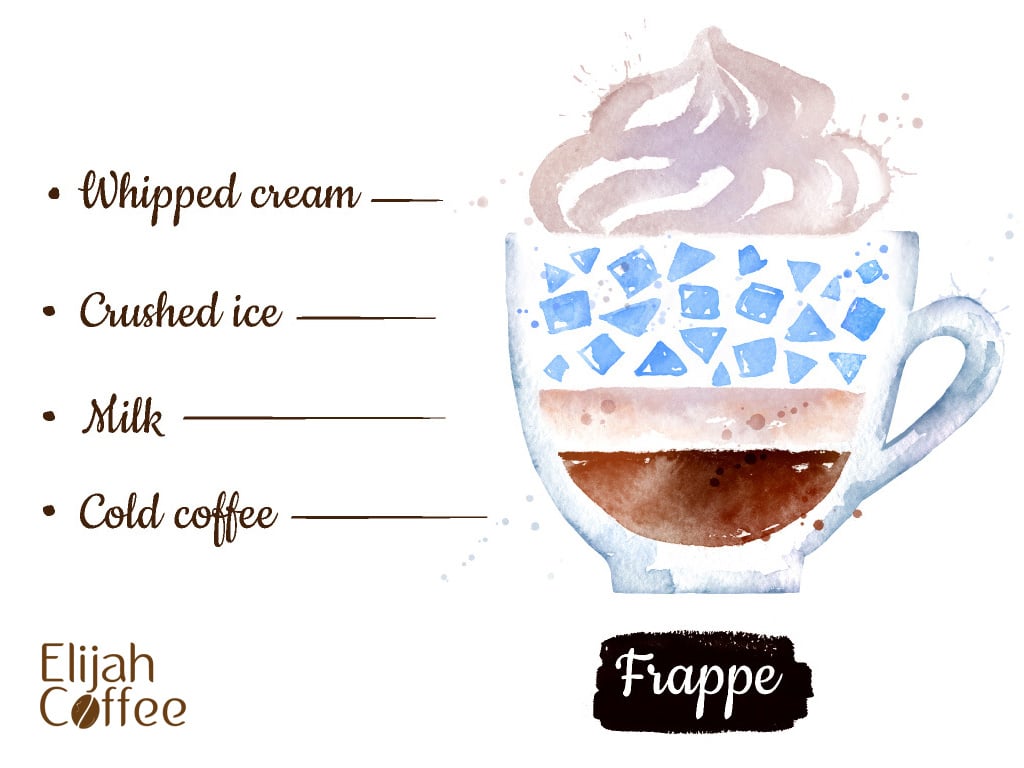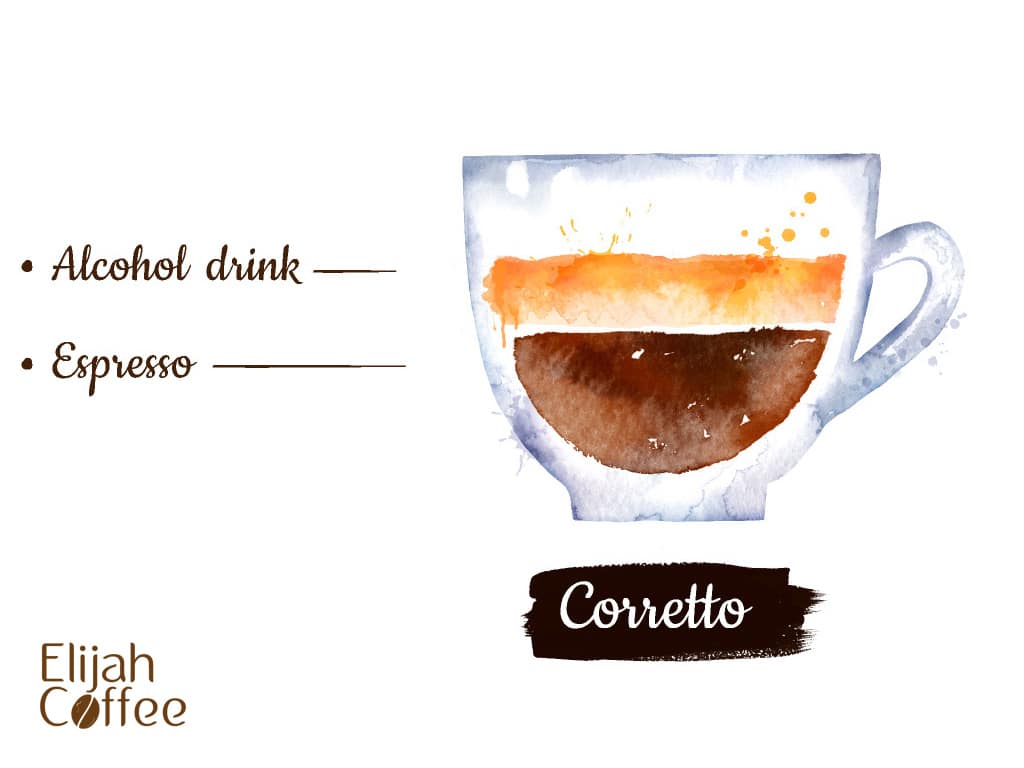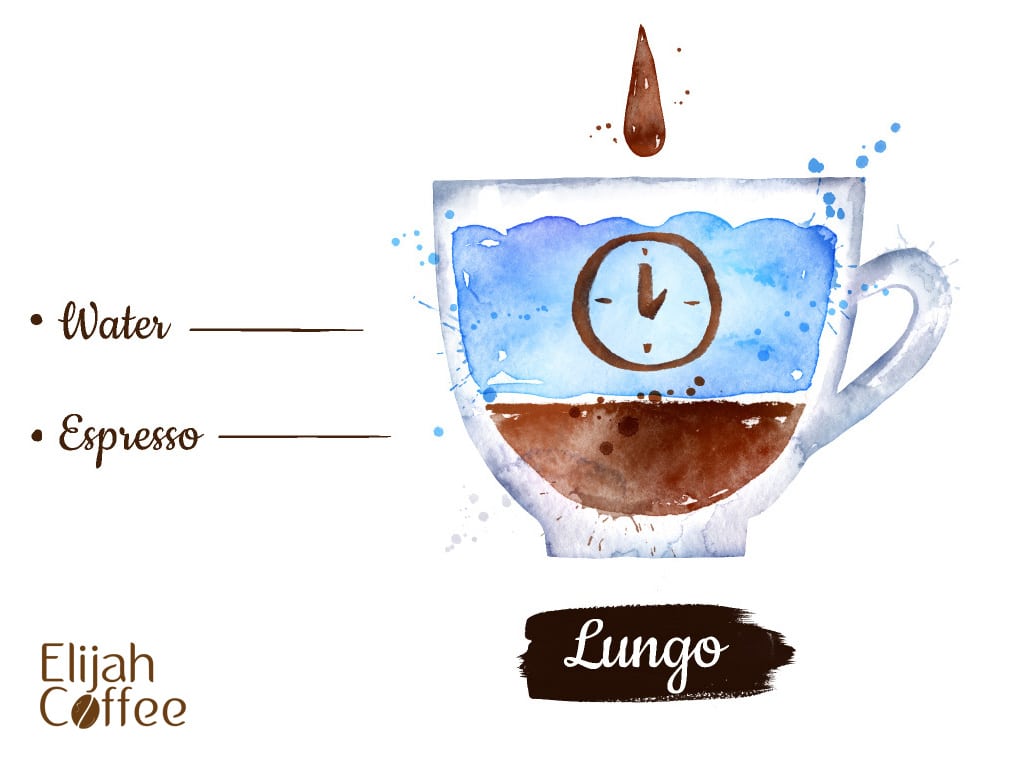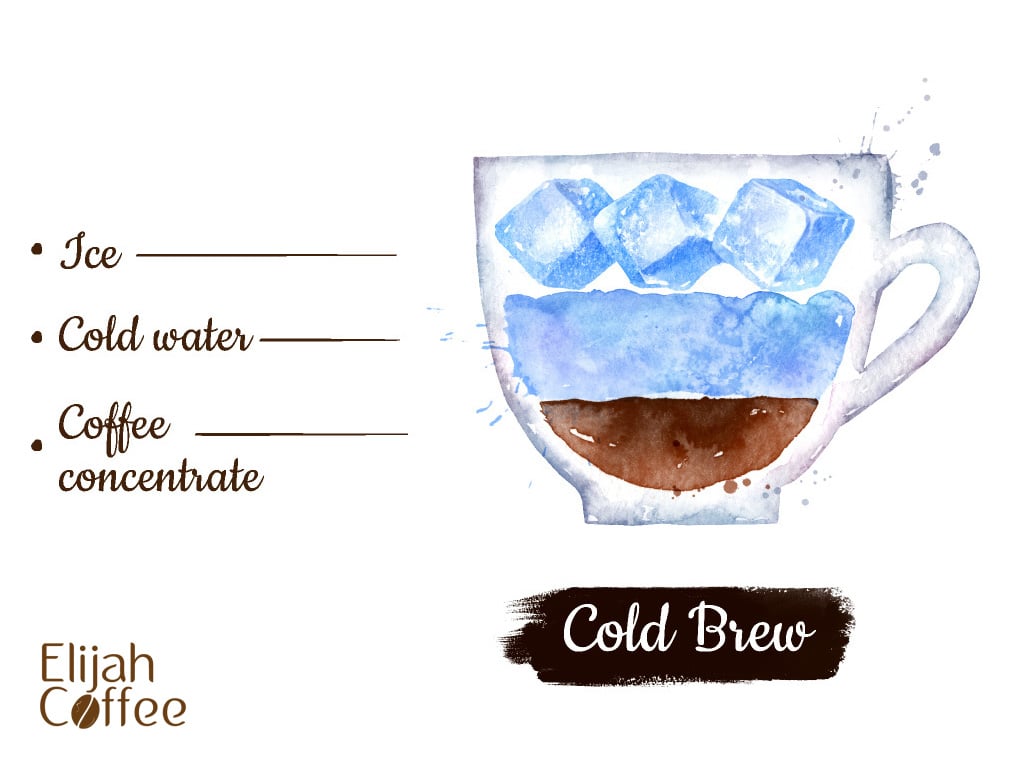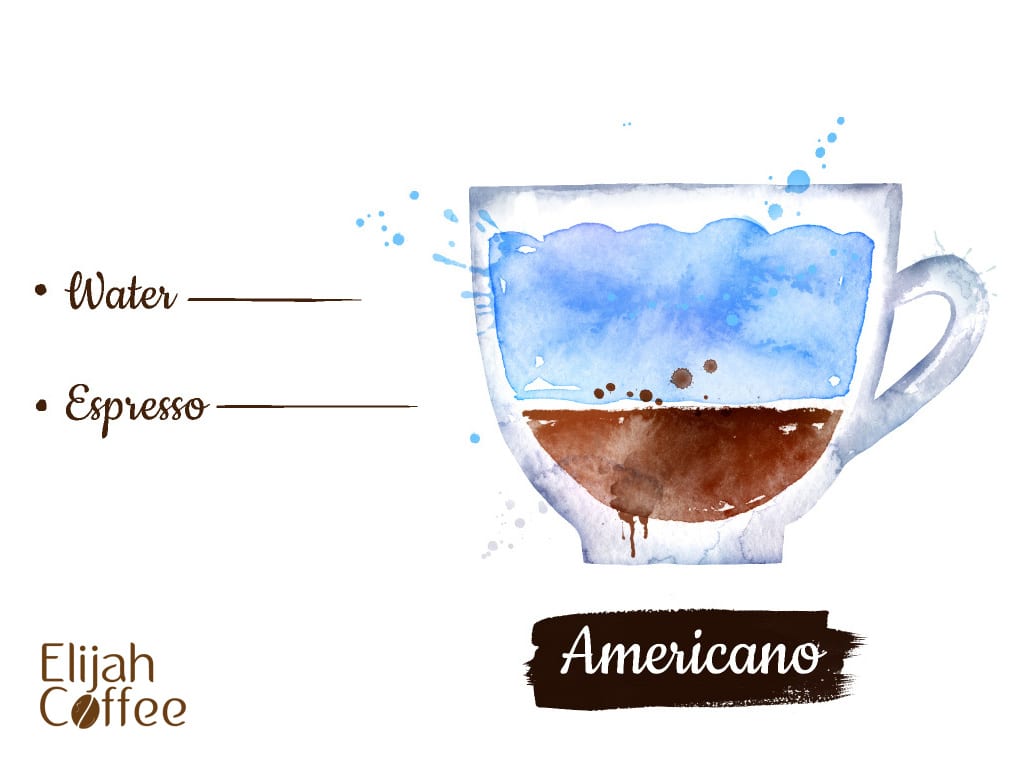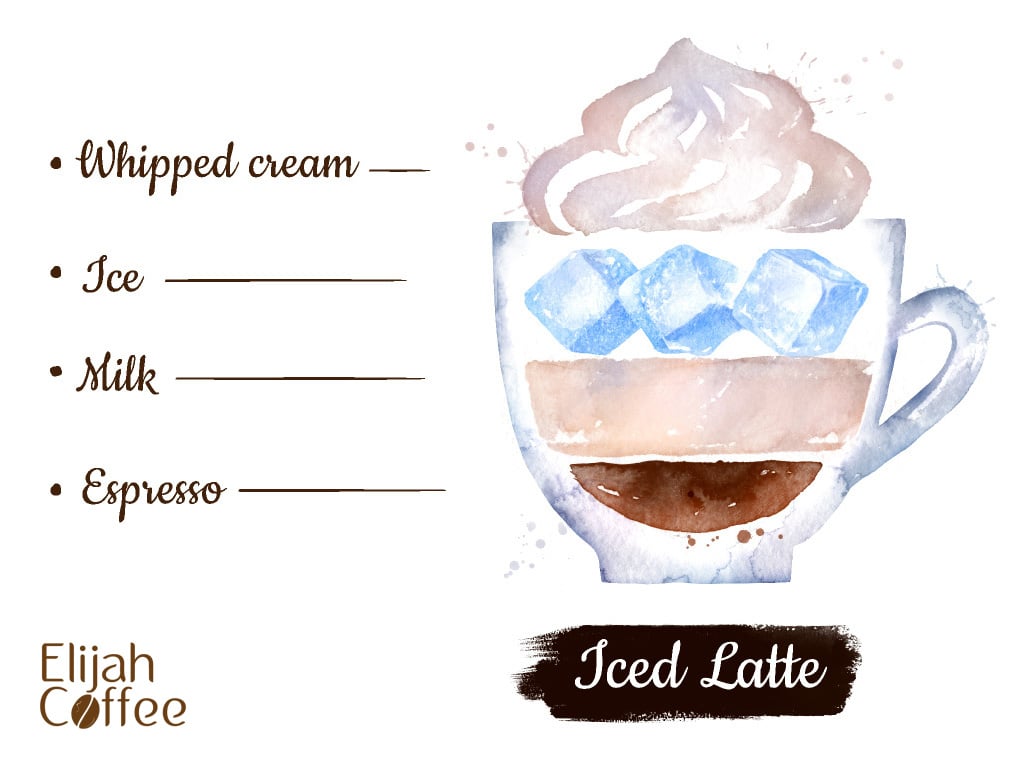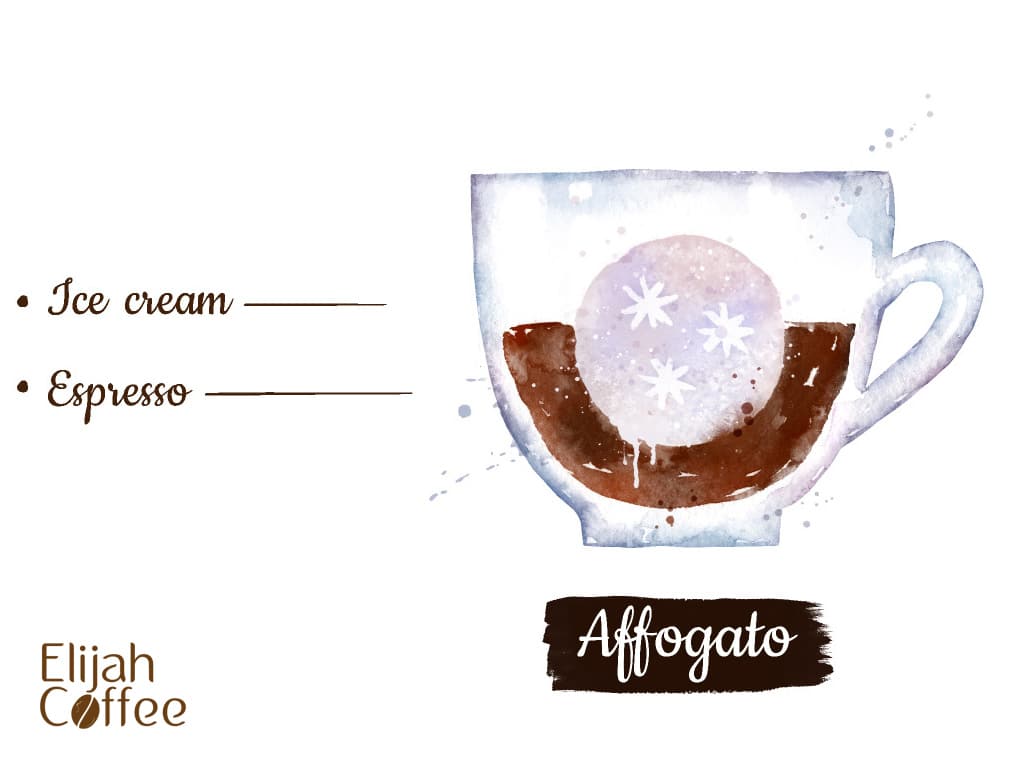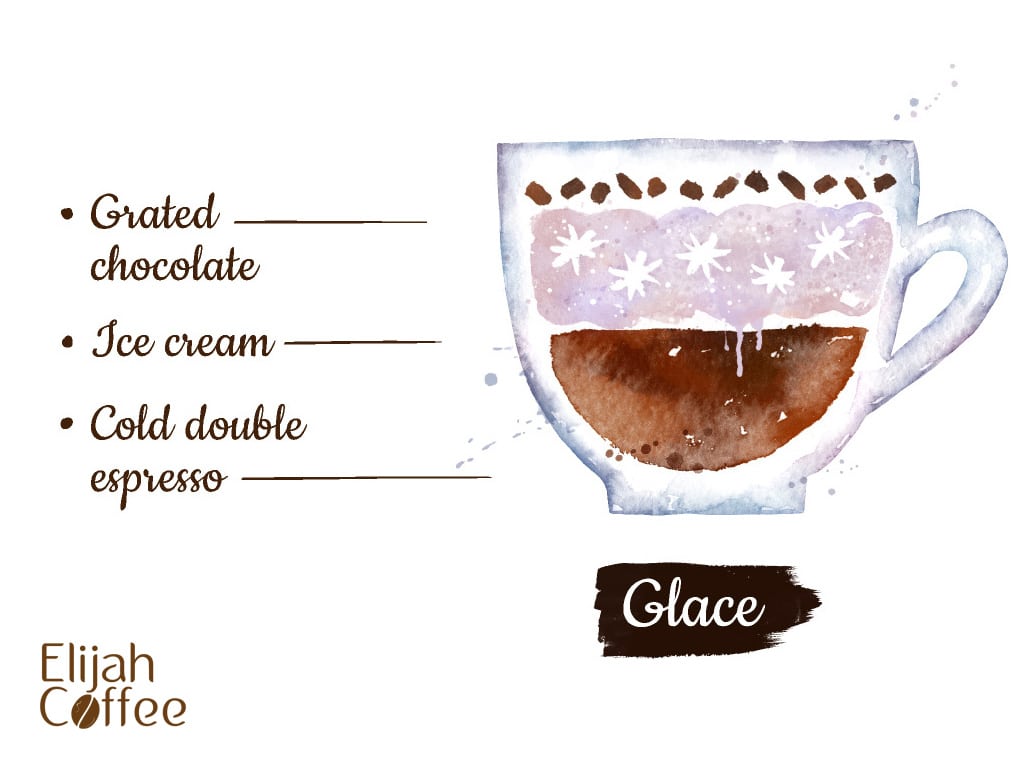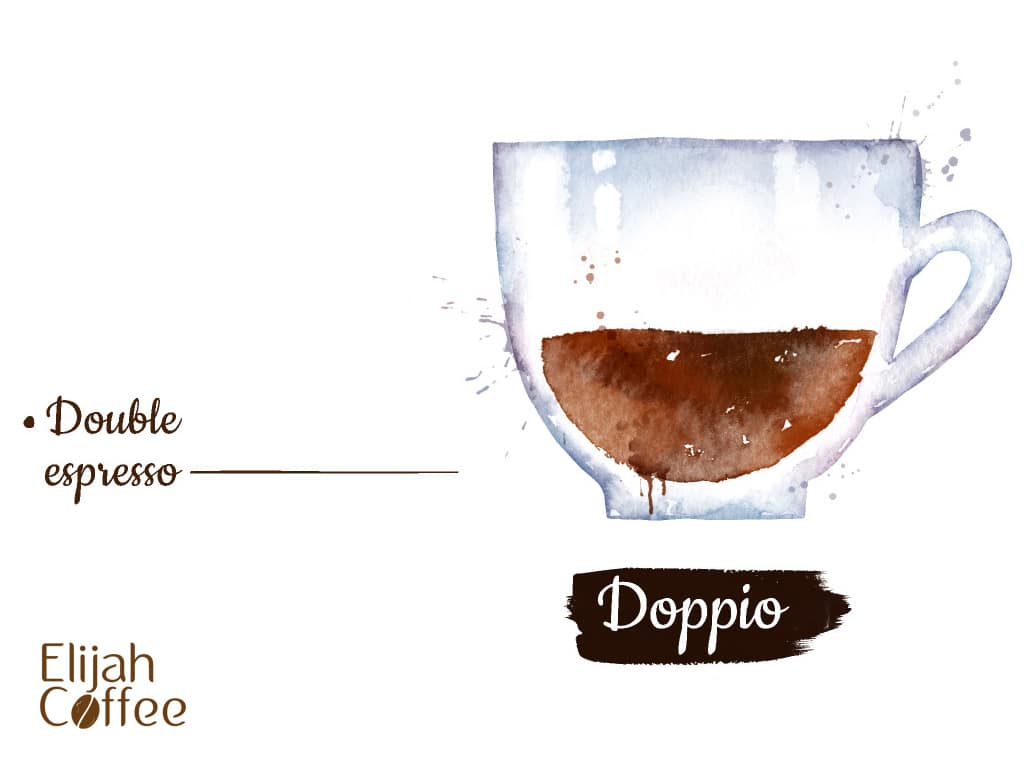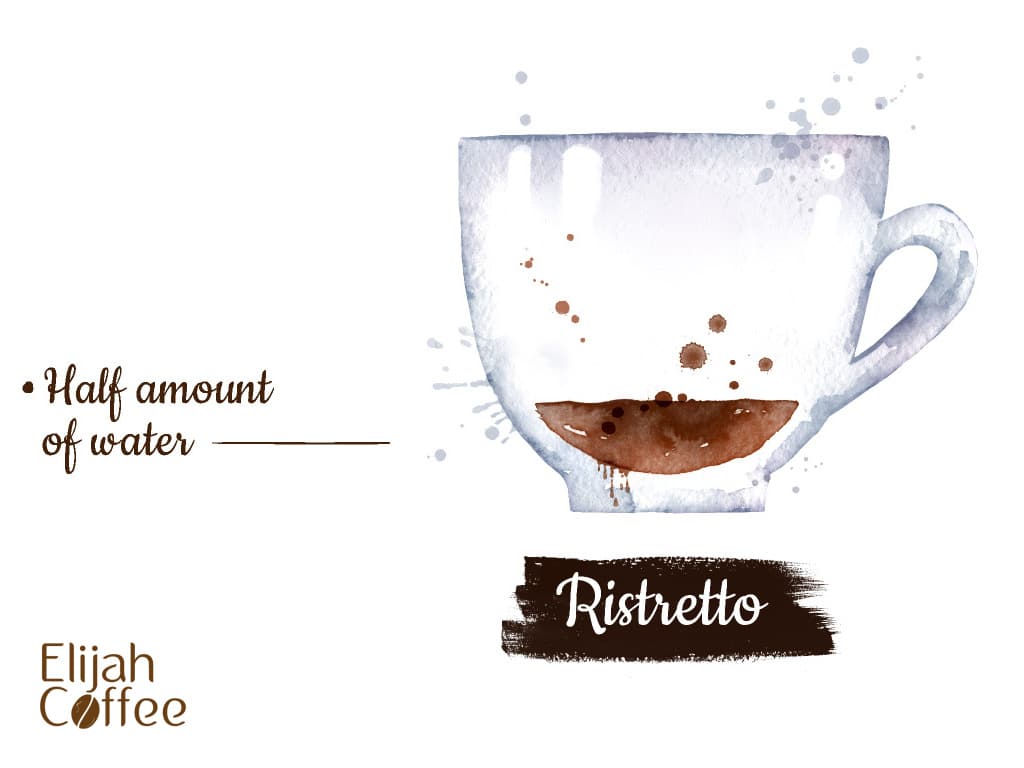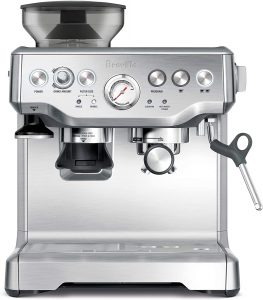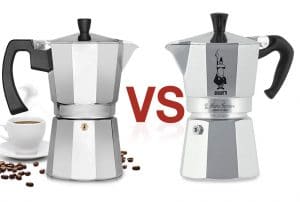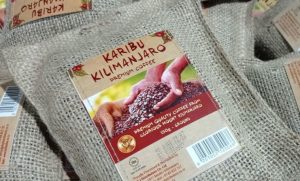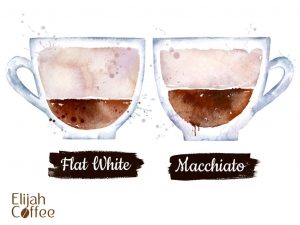We’re Nutty for Hazelnut Coffee
Coffee – it’s the stuff of legend, the drink of champions. So many millions of people love it. We could even say they’re nuts for it.
Many coffee-lovers have very strong opinions on coffee, saying that only pure and unadulterated coffee is the way to go, and that flavored coffees are an abomination. On the other hand, there are many flavored coffee lovers, and many of those go nuts for hazelnut-flavored coffee.
There are so many brands and varieties of hazelnut coffee on the market, so if you love the taste of the creamy, sweet nut in your coffee it can be hard to decide which brand to chose. Not only that, there are regular vs. organic brands, artificially vs. naturally flavored. Which one packs the most nutty deliciousness? Where does the flavor come from? We’ll break it down for you.
Non-Organic Coffee Facts
Most regular coffee brands use artificial flavoring to achieve the desired effect. Many manufacturers use concentrated chemicals to achieve the scent of that particular flavor, tricking the drinker’s nose to think that what they’re smelling is what they’re tasting. Manufacturers use things like dimethylhydrazine, dimethyl, acetyl thiazole, which are bonded to the beans with propylene glycol (a chemical used to de-ice aircraft).
Don’t recognize those names? Yeah, us either. They say if you can’t pronounce an ingredient, think twice before you put it in your body.
What’s more, manufacturers often use low-quality, stale beans to make their coffee. The chemicals that they add cover up the poor taste of the beans, so you wouldn’t know the difference. Again, it’s all about tricking your nose!
It doesn’t stop there. Low-quality flavored coffees are often made with unsustainable practices that put a toll on the environment.
Organic Coffee Facts
So are you stuck with drinking airplaine de-icer that tastes like hazelnuts? The good news is that you don’t have to lower your standards for good coffee. It’s possible to find good-quality hazelnut coffee that isn’t laced with long words.
That’s where organic coffee comes in. Organic foods go through a rigorous vetting process where they have to prove that they aren’t made with chemicals, pesticides, etc. When you buy organic coffee you’re far less likely to drink de-icing fluids along with your daily fix.
How do organic brands achieve the hazelnut flavor without all of the chemicals? It’s quite simple, really. They use real food extract and add it to their beans to create the flavor. Think of it like vanilla extract, which we use all the time for baking. When you add vanilla to your batter it makes everything taste like vanilla.
The flavor that is extracted from the hazelnuts, for example, is a flavoring that won’t harm your body. It creates a taste that is subtle and natural, not overly sweet and cloying.
On top of all of that goodness, organic hazelnut coffee is usually made with sustainable growing and manufacturing processes.
One downside to organic coffees, however, is that they come with a higher price tag. The benefits may outweigh the cost for some people, but if you aren’t one of those, stick with a non-organic brand.
A word of warning with naturally-derived flavors though: if you suffer from nut allergies, organic hazelnut coffee is not the best choice for you. Since the flavoring is derived from the nut itself, it can be harmful to you if you consume it.
How to Chose an Organic Hazelnut Coffee
Okay, you’ve now passed over from the dark side and are ready to try organic hazelnut coffee, but one look at the different brands and you’re confused all over again. Where to start? Which brand should you get?
Here are a few key things to look for when you’re shopping for organic hazelnut coffee. Follow these steps and you’ll be on your way to a great coffee experience.
Bean Quality
Check where your beans are from. Some companies source their coffee beans from the best of the coffee regions. Some of the countries with the highest quality beans are:
- Colombia
- Guatemala
- Costa Rica
- Ethiopia
- Jamaica
Chose any of these regions, and you won’t go wrong. Your organic hazelnut coffee is already well on its way to being superb.
Freshness
The closer it is to its roasting date, the fresher and better-tasting your coffee will be. Artificially-flavored beans are doused with all of the chemicals to mask the staleness. Check when your coffee was roasted, if possible, and remember that coffee flavor peaks around 5-14 days after being roasted.
Flavoring
We’ve already talked about how organic vs. non-organic coffees are flavored. When you’re shopping for organic hazelnut coffee, check the ingredient list on the package for any unwanted chemicals. The shorter the ingredient list, the less likely it is to have anything unnatural in it.
And while we’re on the topic of ingredients, check your coffee to see if it has a higher calorie content. If it’s natural flavoring the calories shouldn’t be too high, whereas if it’s artificial flavoring there’s usually added sugar.
The Final Lowdown
There you have it, the two sides of hazelnut-flavored coffee. Now that you have the information you can decide if you want to go for organic or non-organic hazelnut coffee. There are pros and cons to each one, but whichever one you chose will give you that nutty-sweet fix that you are craving.



